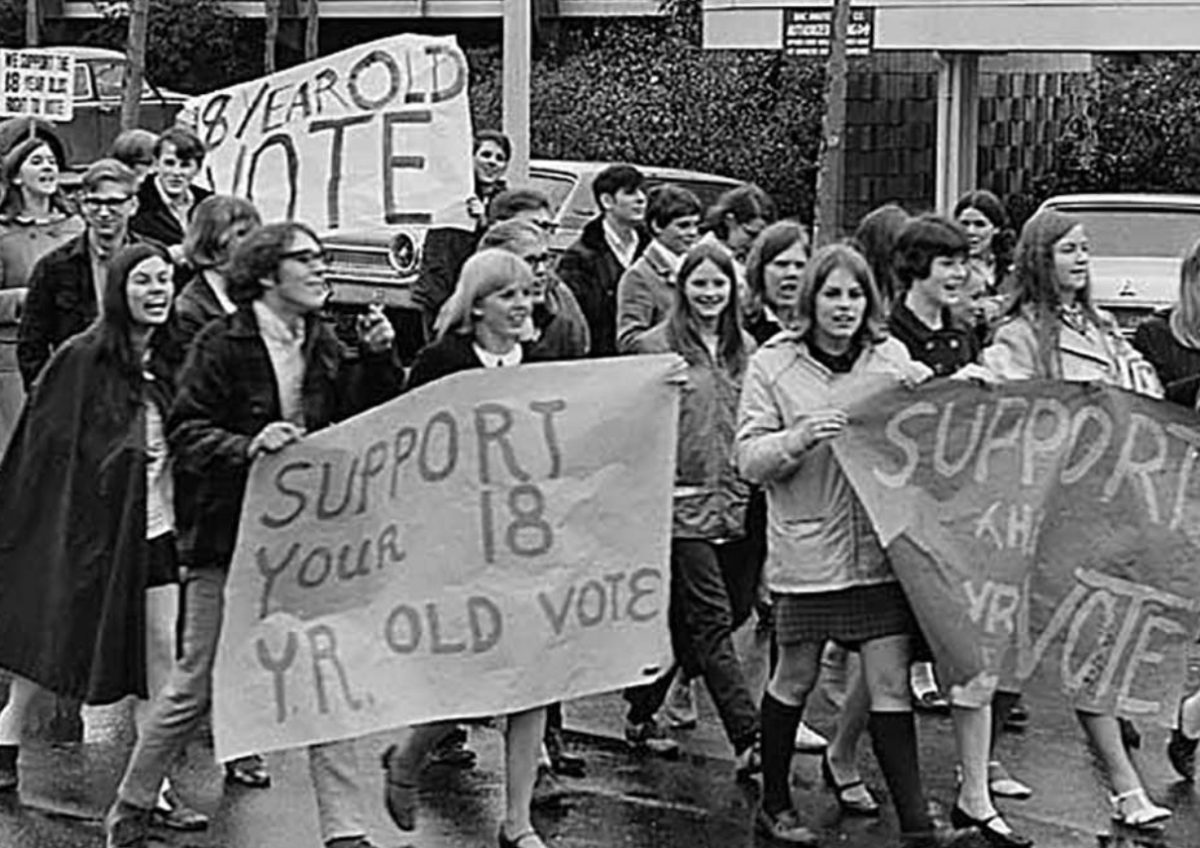Growing up, everyone sees the “I voted” sticker and wonders when it will be there turn. In Seminole High School, students who are 18 or older are now eligible to vote, and it’s more important than ever. The importance of voting has grown across the country and on social media platforms. The voting system consists of a list of candidate party names on paper that will be used by persons to vote for the best candidate based on their own opinion.
But for Gen Z, large conversations exist amongst the belief of voting. This is widely shown on social media platforms such as Instagram and TikTok. Users all over the country are making content on their opinions towards running candidates, many of which are biased and some to be true. These posts have shaped how teens feel about voting. For some, voting is an essential part to our country because if a candidate is not fit to run, and comes to be in a position of high power, our country’s system could fail. By using your opinion and education to determine the future, the voting system is a powerful way to advocate against that.
Students like Emelia Clark, PSI Senior Student, address her views on voting at a young age. Clark states: “It is important for us to participate in elections because it is our future we are voting on.” This can impact our lives in several ways. Clark also stresses the importance of being educated: “this allows you to understand complex discussions on an array of topics discussed in elections. During many campaigns between candidates, discussions among other candidates and viewers are widely broadcast and heard by viewers. Social media plays a huge role in our political voting system. This valuable information, true or false, is easily available.” Clark addresses the bias information by informing students to do research and verify with real evidence. “Sign up and register to vote. Consider your decision carefully.” Clark hopes her message will encourage students to act.
Others express different feelings towards the push for voting at 18. Many students may not feel that it is beneficial, or don’t have care towards voting. For some students, educating themselves on the public issues in the world can be hard to keep up with. The future candidate position may not be of interest to students, leaving the decision with the educated voters. Falsified media is a big factor to student’s sway between candidates.
PSI Junior, David Carter expresses his feelings toward the back and forth persuasions: “I think voting can be persuaded in a lot of bad ways. Money, propaganda, and slander are usually big ones. Of course, there are also rigging elections. With jabs of manipulation when it comes to a candidate and their supporters. These interactions can be taken in various ways, and this may become a problem on social media, with taking short clips and leaving out the real truth. Social media to me is the #1 way to influence voting. I don’t like the idea, but it’s unavoidable. With the sheer amount of misinformation, it’s hard to trust what you see as you scroll. But all things considered it’s one of the only ways to stay up-to-date. It’s a double-edged sword– holding both sides of the stick can be hard to decipher” Carter also states “For me personally, I do find it a little difficult. When several people bring each other down while raising themselves up. It’s hard to figure out who I should support. I try to stick to main ideas, but candidates usually have nuanced pros and cons.”
For students at Seminole High School, the beliefs and opinions of students are mixed up. Students turning 18 this year or in the upcoming months should prepare for the upcoming elections and stay active to create movements for their community and country. But also stay in check with real facts and evidence along the way!



















